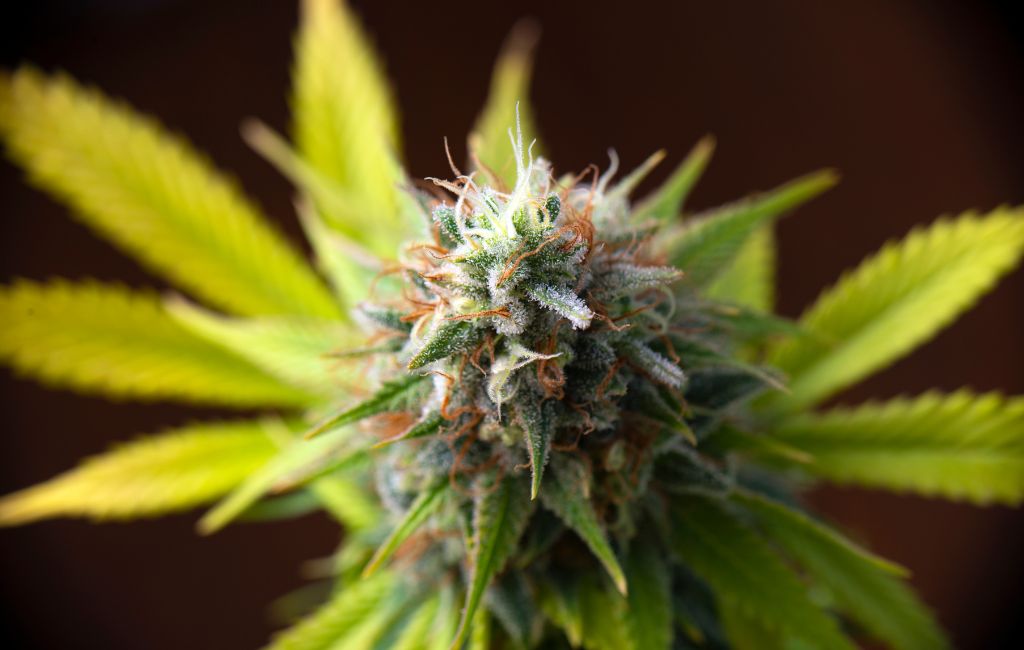The topic of cannabis legalization has gained significant attention in recent years, with many countries and states reevaluating their stance on the use of this plant. This article explores the current state of cannabis legalization, examining the reasons behind the shift in policies, the impact on society, and the challenges that remain.
The Evolution of Cannabis Legalization
The journey of cannabis from an illegal substance to a legal commodity in various regions is a fascinating one. Historically, cannabis was widely used for medicinal and recreational purposes until the early 20th century when it became criminalized in many parts of the world. The shift towards legalization began in the late 20th century, driven by changing public perceptions and emerging scientific research.
Changing Public Perception
Public opinion has played a significant role in the movement towards legalization. Surveys indicate a growing acceptance of cannabis use, with many people viewing it as less harmful than alcohol or tobacco. This shift in perception has been influenced by increased awareness of the potential medical benefits of cannabis, as well as a broader cultural shift towards more liberal attitudes.
Scientific Research and Medical Use
Scientific studies have highlighted the potential therapeutic benefits of cannabis, particularly in managing chronic pain, epilepsy, and other medical conditions. This has led to the legalization of medical cannabis in numerous jurisdictions, paving the way for broader legalization efforts.
Case Studies: Cannabis Legalization Around the World
Different regions have approached cannabis legalization in various ways, each with its own set of regulations and outcomes. Here are a few examples:
- Canada: In 2018, Canada became the second country in the world to legalize recreational cannabis nationwide. The Canadian model focuses on strict regulation and government oversight to ensure product safety and reduce illegal market activity.
- United States: Cannabis legalization in the U.S. is a patchwork of state laws. States like Colorado and California have legalized recreational use, while others permit only medical use. This state-by-state approach has created a complex legal landscape.
- Uruguay: Uruguay was the first country to fully legalize cannabis in 2013. The government controls production and distribution, aiming to eliminate the black market and ensure consumer safety.
Economic and Social Impacts
The legalization of cannabis has had significant economic and social implications. These impacts vary depending on the regulatory framework and the extent of legalization.
Economic Benefits
Legalization has opened up new economic opportunities, creating jobs and generating tax revenue. The cannabis industry has become a multi-billion-dollar market, with businesses ranging from cultivation and distribution to retail and ancillary services.
Social Considerations
On the social front, legalization has led to a reduction in cannabis-related arrests and convictions, alleviating the burden on the criminal justice system. It has also sparked discussions about social equity, with some jurisdictions implementing measures to ensure that communities disproportionately affected by past drug policies benefit from the legal market.
Challenges and Concerns
Despite the progress made, cannabis legalization faces several challenges and concerns that need to be addressed.
Regulatory Challenges
Creating a regulatory framework that balances public safety with market growth is a complex task. Issues such as product safety, advertising restrictions, and impaired driving laws require careful consideration.
Public Health Concerns
There are ongoing debates about the potential health risks associated with cannabis use, particularly among young people. Public health campaigns and education are crucial in addressing these concerns and promoting responsible use.
Conclusion
The landscape of cannabis legalization is rapidly evolving, with more regions considering changes to their policies. The shift towards legalization is driven by changing public perceptions, scientific research, and the potential economic benefits. While challenges remain, the experiences of countries like Canada, the United States, and Uruguay provide valuable insights into the potential impacts and considerations of cannabis legalization. As more regions explore this path, ongoing research and dialogue will be key to shaping effective and equitable policies.
